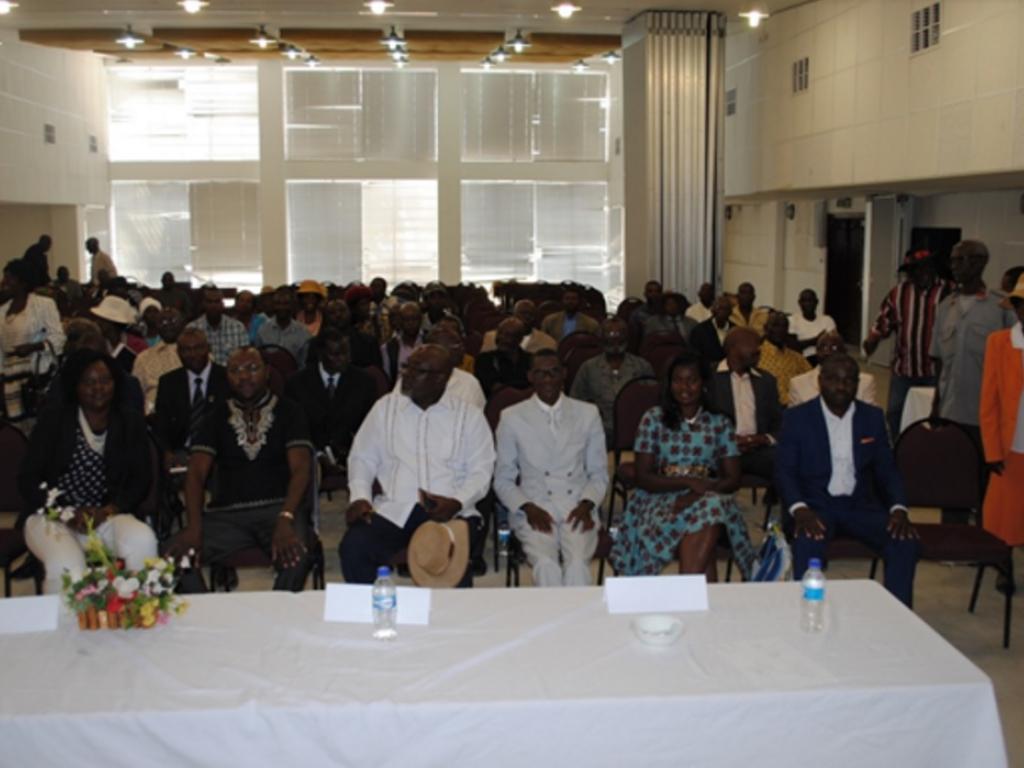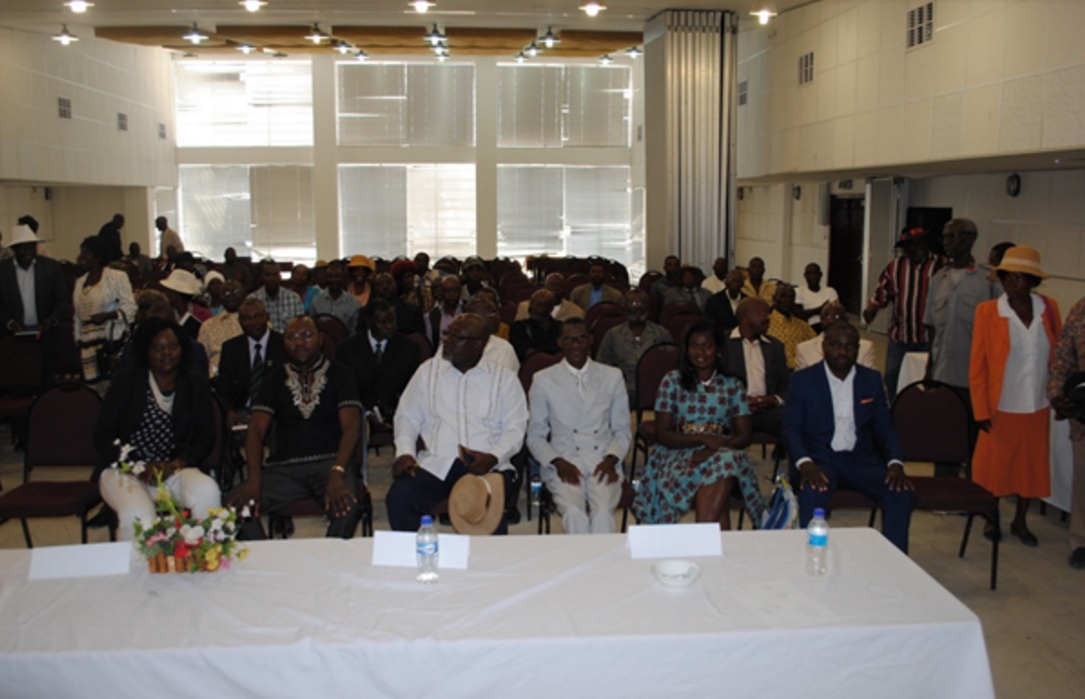Discussing drought in northern Namibia

The Omusati Region Drought Resilience Consultative Meeting took place on 16 September 2016 at ASSAR’s research site in northern Namibia. The event followed the African Drought Conference which was held from 15 to 19 August 2016 in Windhoek. The aim of the consultation was to provide local communities and decision-makers feedback on the outcomes of the African Drought Conference. Local crop production, livestock management needs and shortcomings as well as good practices were also discussed.
The participants included representatives from the Office of the Prime Minister, Omusati Regional Council, Outapi Town Council, Regional Youth Forum, University of Namibia’s Ogongo Campus and horticultural farmer associations. Traditional authorities and local villagers were also represented. From ASSAR, Irene Kunamwene and Cecil Togarepi were present.
The opening statement was provided by the Honorable Governor of the Omusati Region, Erginus Endjala. Dr. Peter Josephat from the Ministry of Agriculture, Water and Forestry gave a presentation “Drought Status And Mitigation In Omusati Region”. In his presentation, Dr Josephat explained the definition of drought, as well as the causes and impacts.

The main part of his presentation focused on strategies that can be implemented to mitigate drought and to improve crop production, such as crop diversification, soil fertility management and strengthened fish crop production. Dr Josephat also explained strategies related to improving livestock production; such as herd composition and rangeland management. He suggested that the establishment of canneries, and drying of the slaughtered meat, would improve livelihoods.
Mr Petrus Muteyauli from the Ministry of Environment and Tourism (MET) shared a brief outcome of the African Drought Conference. MET is the national focal point to the United Nations Convention to Combat Desertification (UNCCD).
The conference brought together international experts and African leaders to find solution to recurring drought events and their impacts. Mr Muteyauli highlighted that the Conference deliberated on the adopted Strategic Framework for Drought Risk Management and Enhancing Resilience in Africa, which proposes for a Drought Resilient and Prepared Africa (DRAPA) to be implemented at national level. Subsequently, the African Ministers adopted the Windhoek Declaration for Enhancing Resilience to Drought in Africa on the 18th August 2016. In his concluding remarks, Mr Muteyauli urged the participants to be proactive in drought management.
As the way forward, the Governor requested the participants to indicate how often a meeting of such nature should take place. The participants suggested that a consultative meeting on drought should take place twice a year, i.e. at the beginning of the year and towards the end of the year.
The Governor summarised four main points from the discussion that will require immediate attention:
- existing earth dams should be rehabilitated as a matter of urgency
- marketing facilities are needed for livestock
- provision of seeds for fodder should be improved
- and vandalism and misuse of the canal has to be prevented as much as possible.
In conclusion, the Honourable Governor informed that the discussion on drought should continue. In the future, suggestions and proposals should be forwarded to the Office of the Governor.
For more information on ASSAR’s involvement in the Drought Conference please click here.